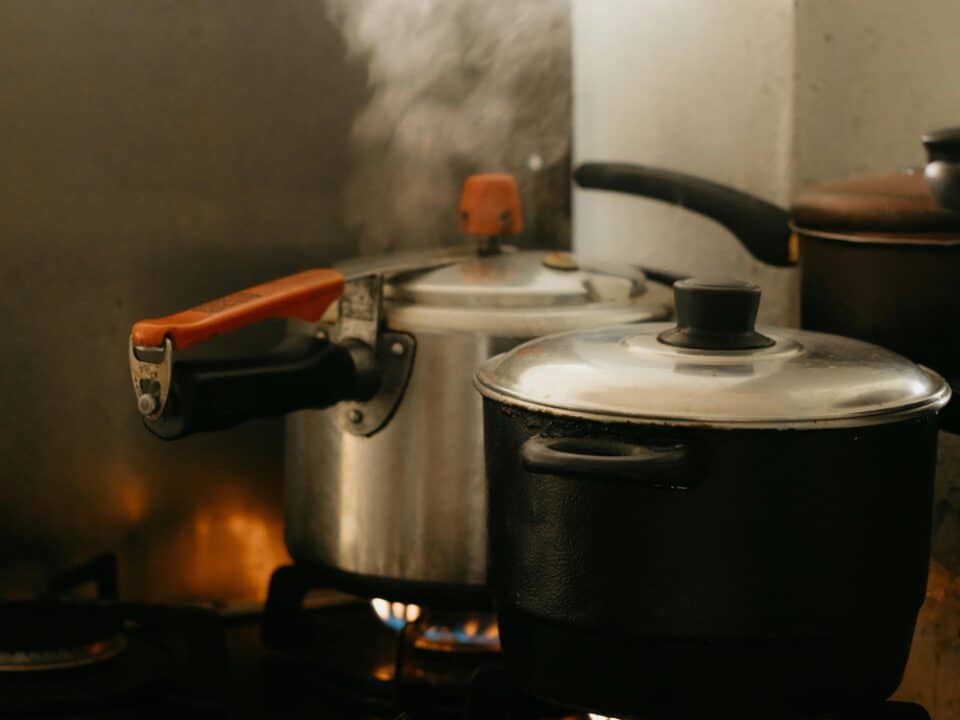Our client Jane (name changed for privacy) went out to dinner with her husband at a popular barbecue restaurant. What should have been a pleasant evening quickly turned into a nightmare when Jane found herself in the emergency room hours after eating a specific dish.
Jane’s case is far from unique. Recent months have exposed a disturbing trend of foodborne illness outbreaks across the U.S., with national headlines reporting incidents like the recent McDonald’s E. coli outbreak that has sickened at least 73 people across 15 states and tragically claimed one life.
For those impacted, understanding their legal rights is the first step toward securing compensation and preventing similar incidents from occurring.
Understanding Food Poisoning from Medical and Legal Perspectives
Food poisoning, or foodborne illness, occurs when someone consumes food or beverages contaminated with harmful bacteria, viruses, or toxins. Common contaminants include E. coli, salmonella, norovirus, and listeria, each capable of causing significant health complications. Symptoms typically manifest as flu-like conditions: nausea, vomiting, diarrhea, abdominal pain, fever, loss of appetite, and severe cramps. Depending on the contaminant, symptoms can appear within minutes or take weeks to develop, with severity ranging from mild discomfort to life-threatening conditions requiring hospitalization.
From a legal perspective, food poisoning cases fall under personal injury law, which holds food manufacturers, distributors, and establishments (restaurants, hotels, etc.) accountable for negligence in food safety. Food poisoning victims who qualify for compensation may recover economic damages, including medical expenses and lost wages, as well as non-economic damages, such as emotional distress, pain, and suffering.
Can You Sue for Food Poisoning? — Legal Grounds for A Food Poisoning Lawsuit in South Carolina
Yes, you can sue for food poisoning in South Carolina. However, like other personal injury claims, a successful food poisoning lawsuit requires establishing critical legal elements that demonstrate both negligent behavior and damages.
Key Legal Requirements for a Food Poisoning Claim
To make a solid case, your claim must include several fundamental components:
- Prove Liability: Show that the defendant (restaurant, food manufacturer, or distributor) owed a duty of care to its customers and that they have breached that duty.
- Prove Contamination Source: Demonstrate that you consumed contaminated food directly from the specific restaurant or food provider, or that you contracted a foodborne illness through exposure to someone who did.
- Obtain Medical Diagnosis: Provide evidence from a medical professional confirming your food poisoning diagnosis.
- Demonstrate Damages: Show that the foodborne illness caused you significant harm, such as lost wages, medical expenses, potential long-term health complications, etc.
Challenges and Practical Considerations
A successful food poisoning lawsuit often hinges on concrete evidence, such as preserved food samples, medical records, documentation of symptoms, restaurant receipts, and witness statements. However, one of the challenges in these cases is the delayed onset of symptoms, which can make it difficult to pinpoint the source of contamination or collect evidence in time. In some instances, symptoms may appear after the statute of limitations has passed (which is three years in South Carolina).
Therefore, it’s crucial to evaluate the viability of your case early on. Consider whether the timeframe is sufficient and the damages are substantial enough to justify a lawsuit. If your illness costs you hospitalization, significant medical expenses, or lost income, pursuing legal action can help you recover compensation and hold negligent parties accountable.
Steps to Take If You Suspect Food Poisoning
If you believe you are a victim of food poisoning, follow these steps to protect your health and strengthen your case:
- First and foremost, seek medical help
- Diligently document your symptoms
- Try to collect as much evidence as possible that can link the illness to the suspected source
- Contact a food poisoning lawyer
Given the complexities of proving a food poisoning case, consulting a food poisoning lawyer is essential. They have the knowledge and expertise to help you build a solid food poisoning lawsuit, both in terms of gathering evidence and presenting your arguments.
At Bluestein Attorneys, our personal injury lawyers will sit with you to help you navigate your unique situation. We will take the time to get to know you to better tell the at-fault story of the pain and suffering you have endured. Our goal is to secure fair compensation for your medical expenses, lost wages, and emotional distress.
If you’ve been harmed due to someone else’s negligence, we’re here to help. Call us at (803) 779-7599 or contact us online to start your journey toward recovery and justice.



